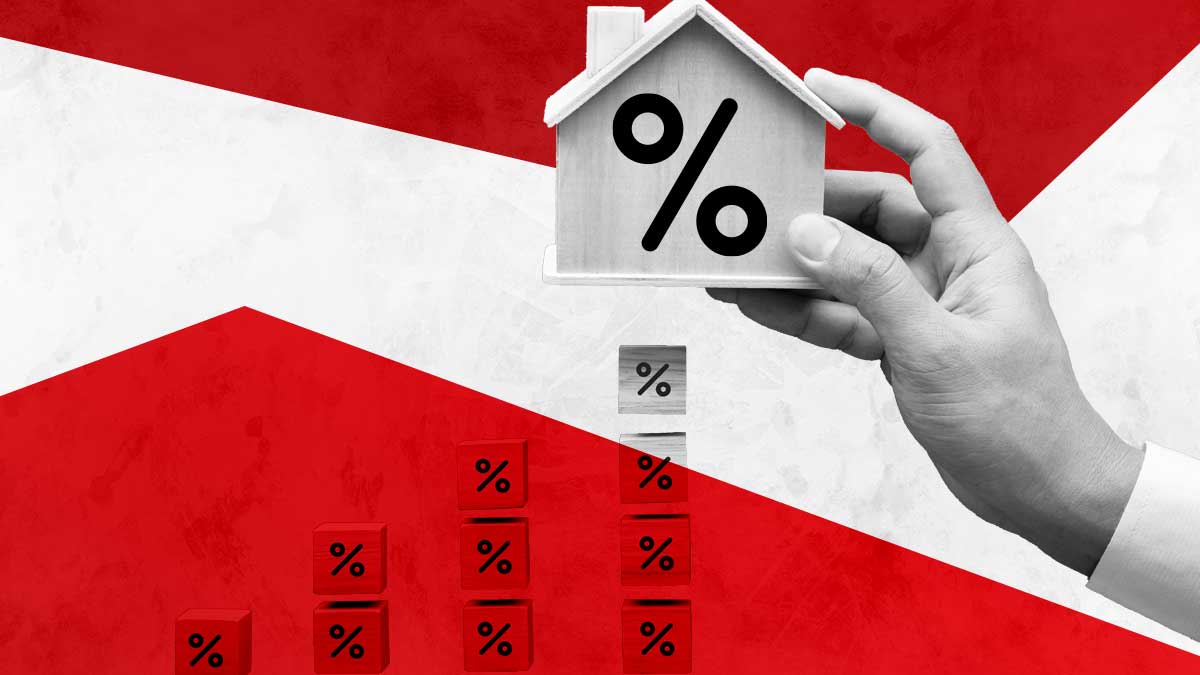FEATURED AREAS
Trending Homes In Broward & Palm Beach County
Newest listing to hit the market, updated every seven minutes
Recently Sold Homes
These homes just sold in an area near you
 $1,800,000
$1,800,000$1,835,000 1.9%
5 Beds5.5 Baths3,373 SqFt8308 Royal County Down RD, Boca Raton, FL 33434


 REALTOR License ID: 3511182
REALTOR License ID: 3511182Floise is committed to providing the best real estate service to her clients.With a deep understanding of the Broward County real estate market.
Floise is able to provide her clients with valuable insights and advice, ensuring they are able to make informed decisions about their home purchase or sale.
Her goal is to make the home buying or selling process as stress-free and enjoyable as possible.

For Home Buyers
We're here to help you find the home of your dreams. With a team of experts guiding you every step of the way, our extensive knowledge and experience will ensure you have the best home buying experience possible.

For Home Sellers
We take the stress out of selling your home by providing a seamless experience from start to finish. Our team will put you in the best position to market your home and sell it for the highest possible price.
REVIEWS
NEWS, TIPS & INSIGHTS
- Coconut Creek ,FL Homes For Sale
- Cooper City ,FL Homes For Sale
- Coral Springs ,FL Homes For Sale
- Deerfield Beach ,FL Homes For Sale
- Boca Raton ,FL Homes For Sale
- Fort Lauderdale ,FL Homes For Sale
- Hallandale Beach ,FL Homes For Sale
- Hillsboro Beach ,FL Homes For Sale
- Hollywood ,FL Homes For Sale
- Lauderdale Lakes ,FL Homes For Sale
- Lighthouse Point ,FL Homes For Sale
- Margate ,FL Homes For Sale
- Miramar ,FL Homes For Sale
- Oakland Park ,FL Homes For Sale
- Parkland ,FL Homes For Sale
- Port St Lucie ,FL Homes For Sale
- Pembroke Pines ,FL Homes For Sale
- Plantation ,FL Homes For Sale
- Pompano Beach ,FL Homes For Sale
- Sea Ranch Lakes ,FL Homes For Sale
- Southwest Ranches ,FL Homes For Sale
- Sunrise ,FL Homes For Sale
- Tamarac ,FL Homes For Sale
- West Park ,FL Homes For Sale
- Weston ,FL Homes For Sale
- Wilton Manors ,FL Homes For Sale
- Dania Beach ,FL Homes For Sale
- Boynton Beach ,FL Homes For Sale
- West Palm Beach
- Miami ,FL Homes For Sale













